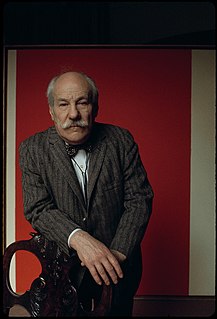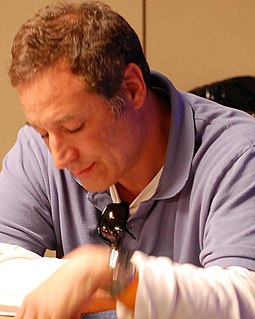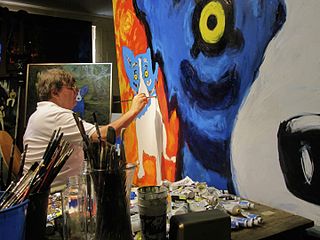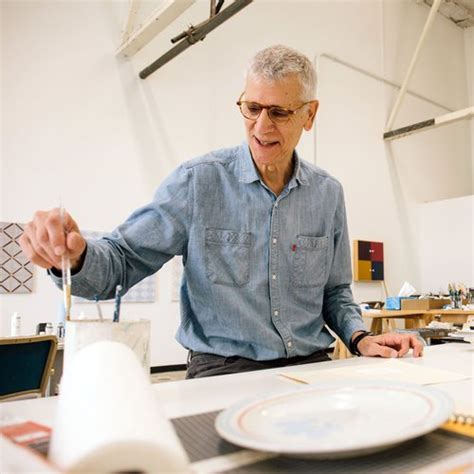A Quote by Barnett Newman
I prefer to leave the paintings to speak for themselves.
Quote Topics
Related Quotes
I think that people tend to look at the paintings as being resolved or finite. But, to me, a painting can be an index for all of the paintings I've done and all of the paintings I'm going to do. It's like if I'm doing a film of the Olympics, I'm not examining a specific sport; I'm interested in the overall context.
I'm expressing the feelings of mankind today through the Blue Dog. The dog is always having problems of the heart, of growing up, the problems of life. The dog looks at us and asks, 'Why am I here? What am I doing? Where am I going?' Those are the same questions we ask ourselves. People look at the paintings, and the paintings speak back to them.
People are still making paintings. People are still enjoying paintings, looking at paintings. Paintings still have something to tell us. There's a way of being in the world that painting brings to us, that painters bring to the task that we absorb and are able to be in dialogue with. That's something that's part of us.







































